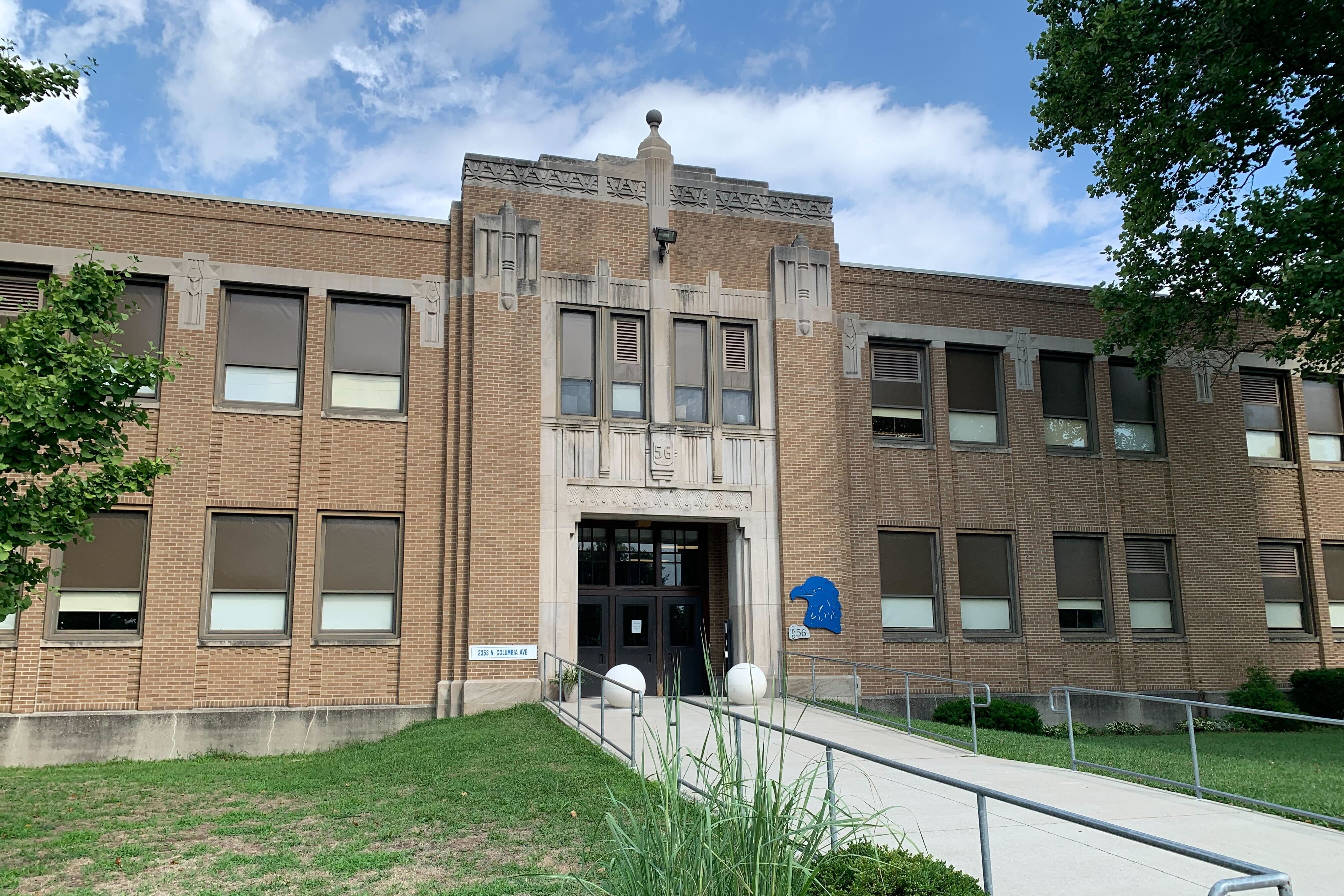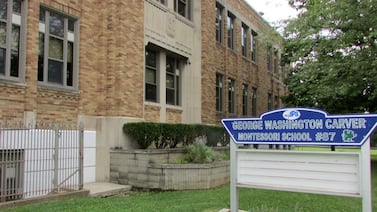Indianapolis Public Schools did not violate a controversial state law that requires school districts to offer unused classroom buildings to charter schools for $1, the state attorney general’s office concluded on Tuesday.
The complaints from the Indiana Charter School Network argued that IPS failed to inform the state of six school buildings slated for closure at the end of this school year, making them available to charter schools: Floro Torrence School 83, Frances Bellamy Preschool Center, George Buck School 94, Raymond Brandes School 65, Francis Parker School 56, and Paul Miller School 114.
But the attorney general’s office found each complaint unsubstantiated, noting that IPS had provided “sufficient documentary evidence” to show that the district intends to use each of the six schools even after it closes to classroom instruction.
The attorney general’s office did not elaborate on the district’s planned future uses.
In a statement, IPS said that it is pleased with the findings and noted that the school board passed a resolution that listed a number of potential uses for the buildings, including for charter schools that are part of the district’s Innovation Network.
“Our focus remains on the students and teachers who are still in all our proposed consolidated buildings, and ensuring they are well-supported through this time,” the district wrote. “The district and Board of School Commissioners are committed to transparent communications and decision-making about our buildings that will occur prior to the end of the school year.”
The school closures are part of the district’s broader reorganization plan known as Rebuilding Stronger, which seeks to offer more specialized academic programs and consolidate schools losing enrollment as IPS struggles to compete with charter schools. The district, however, is only implementing some parts of the plan after delaying a vote on an operating referendum needed to fund it.
“The district is currently completing an internal space needs assessment that will inform Rebuilding Stronger implementation and long-term facilities planning efforts,” the district wrote.
Marcie Brown-Carter, executive director of the Indiana Charter School Network, said the finding was disappointing and shows that the law always has been challenging to implement.
The findings signal a win for the school district, but one that may be temporary — state lawmakers are seeking to tweak the law to leave less room for various interpretations.
At least three charter schools signaled interest in occupying one of the six buildings, although IPS expressed hopes to maintain ownership of them.
The attorney general’s findings follow a January ruling from a Hamilton County judge who concluded that Carmel Clay Schools did not violate the law when it closed an elementary school and partnered with the local parks department to explore future uses for the building.
The state law — commonly referred to as the $1 law — requires school districts to notify the state Department of Education if classroom buildings are left “vacant or unused.” Charter schools and state educational institutions can then buy or lease those buildings for $1 to use for instructional or academic purposes.
Anyone may file a complaint with the attorney general if they believe school districts did not follow the law.
Since the law’s inception in 2005, the attorney general’s office has investigated at least nine complaints and found in favor of the school district in eight of the cases.
But the law’s lack of definition of what an unused building is has generated varying interpretations, multiple complaints to the attorney general, and at least one lawsuit.
A bill by Sen. Linda Rogers, R-Granger, would require districts to close schools that are underutilized, or operating at less than 60% capacity for the current school year and two previous years. That would make the buildings available to charter schools.
Senate Bill 391 would only apply to districts whose enrollment has dropped at least 10% over five years and that have more than one school serving the same grade span as the school targeted for closure.
Shuttered schools also must be able to redirect students to another building within 20 minutes of the closed school. Districts could avoid closing underused schools by showing how a space would be used instead for offices, storage, or alternative education, but must meet certain requirements to fall under that exemption.
The bill could have sweeping implications for IPS, which has an average building utilization rate of 60%, according to a districtwide 2020 assessment. Twenty-two of those buildings had rates below 60%, including some charter schools within the district’s Innovation Network.
The bill was slated to be heard in a Senate education committee on Wednesday but was later pulled from the agenda. Committee chair Sen. Jeff Raatz, R-Richmond, said author Rogers wasn’t present and was considering amending the bill next week.
Next week is the last opportunity for the bill to be heard in committee.
Reporter Aleksandra Appleton contributed to this report.
Amelia Pak-Harvey covers Indianapolis and Marion County schools for Chalkbeat Indiana. Contact Amelia at apak-harvey@chalkbeat.org.







